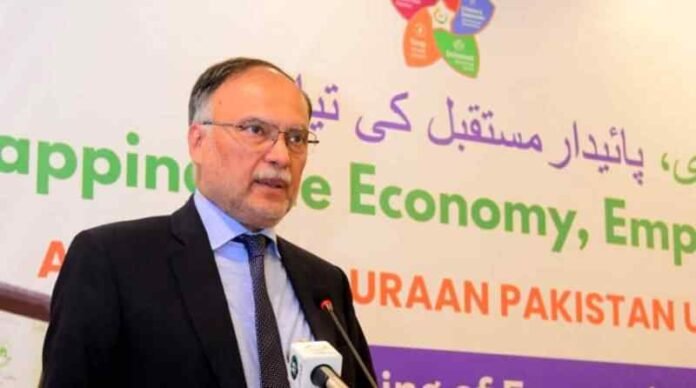Pakistan has, for the first time since independence, put together a full picture of its economy through the Economic Census 2023. The survey, launched by Planning Minister Ahsan Iqbal, charts the scale and structure of businesses across the country—revealing 7.2 million economic units employing 25.34 million people.
Services Sector at the Core
The data shows that services dominate Pakistan’s economy both in size and employment. Nearly 46% of the workforce is tied to services, with retail shops forming the bulk of activity. In fact, more than 57% of all establishments belong to the services sector, while manufacturing—often seen as an engine of growth—accounts for a far smaller share with only 23,000 factories and around 643,000 small production outfits.
Punjab and Sindh at the Forefront
Punjab emerges as the country’s commercial powerhouse, hosting 4.2 million establishments that employ 13.64 million workers. Sindh takes the second spot with 1.38 million establishments and 5.71 million workers, with a strong tilt toward retail and other service activities.
By contrast, Khyber Pakhtunkhwa and Balochistan lag behind in both the number of businesses and workforce size, underlining the uneven spread of economic activity across the provinces.
Small Businesses Dominate
A striking finding is the overwhelming presence of small-scale operations. Out of 7.2 million businesses, 7.1 million employ fewer than 50 people. Only a fraction—35,351 medium-sized firms and just over 7,000 large enterprises—operate at scale. This indicates that Pakistan’s economy is still heavily reliant on micro and small businesses, with untapped potential for formal growth and expansion.
Social and Household Activities
Beyond formal businesses, the census also documents the social and household economy. Pakistan has 600,000 mosques, 36,000 madrassas, and nearly 120,000 hospitals—most of them privately run. At the household level, economic activity is widespread: more than half of households are engaged in animal farming, while others rely on trades like tailoring, embroidery, and small-scale poultry farming.
Why This Matters
Minister Ahsan Iqbal framed the census as a milestone for policymaking. Unlike its neighbors, Pakistan had never conducted a comprehensive economic census, leaving planners to work with incomplete or outdated information. With this dataset in hand, the government now has a clearer baseline to design policies that can strengthen small businesses, formalize household enterprises, and balance regional disparities.
The Economic Census 2023 doesn’t just capture numbers—it lays out where Pakistan’s economy stands today, and where the biggest opportunities for growth may lie.


